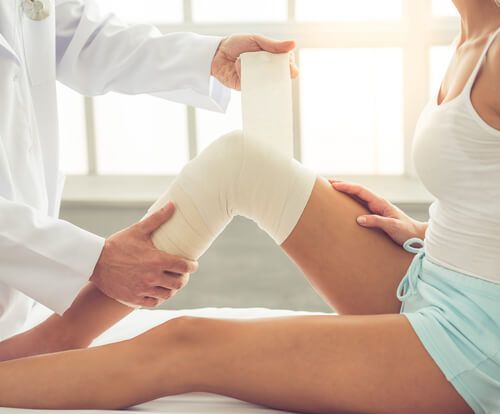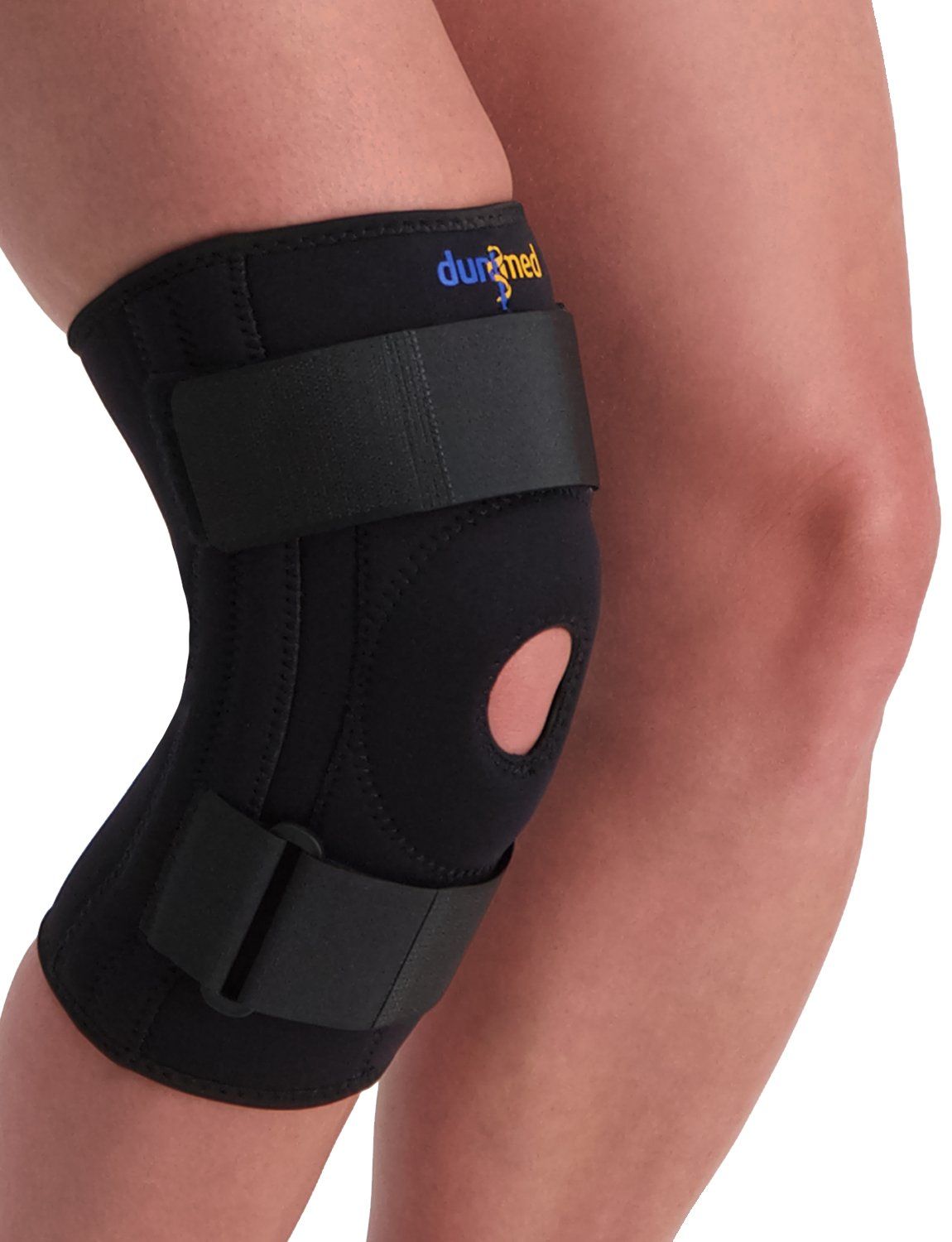A knee dislocation, also called a patella luxation, is an injury in which the kneecap dislocates. This can happen due to a sudden twist or fall, or an accident. When your knee is dislocated, you naturally want it to recover as quickly as possible. Unfortunately, the recovery time takes a long time. Below, we provide you with additional information on recovery when your knee is dislocated.
What is a patella luxation?
A patella luxation is a condition where the kneecap dislocates. This can happen due to a sudden rotation of the knee, a fall or direct trauma. A patella luxation can lead to pain, swelling, stiffness and instability of the knee. In some cases, the knee shoots back into the socket on its own. When this is not the case, it should be done by a caregiver.

How long does recovery take?
The recovery time after a kneecap luxation varies depending on the severity of the injury. For a mild luxation, recovery time is usually around 6 weeks. For a severe luxation, recovery time can take up to 6 months. It is important to rest the knee as much as possible in the first weeks after the luxation.
When can you start physiotherapy?
When the knee is back in the socket, you can start physiotherapy after about two weeks. This can help you improve the strength, flexibility and stability of your knee. The physiotherapist can also ensure that dislocation of the kneecap is prevented in the future. After about six weeks, you can carefully resume light activities. After about three to six months, you can resume sports. Pay close attention to your own limits and do not exceed them. The knee will remain a sensitive area.

Tips for faster recovery
Here are some tips that can help you speed up recovery after getting a kneecap luxation:
- Follow your doctor or physiotherapist's instructions carefully.
- Rest sufficiently and avoid activities that put strain on the knee.
- If necessary, use painkillers to reduce pain.
- Do exercises to improve your knee's strength, flexibility and stability.
- Wearing a knee brace can provide support and stability.
With proper treatment and adherence to the instructions of your doctor or physiotherapist, you can often make a full recovery from a kneecap luxation.
Need more information?
We can imagine that after reading this article, you may have some questions. If so, do not hesitate to contact us. Our customer service team is ready to answer all your questions and get you back on track.


Novamed Knee Support with Adjustable Hinges

Dunimed Knee Support with Busks

Super Ortho Knee Support with Splints




